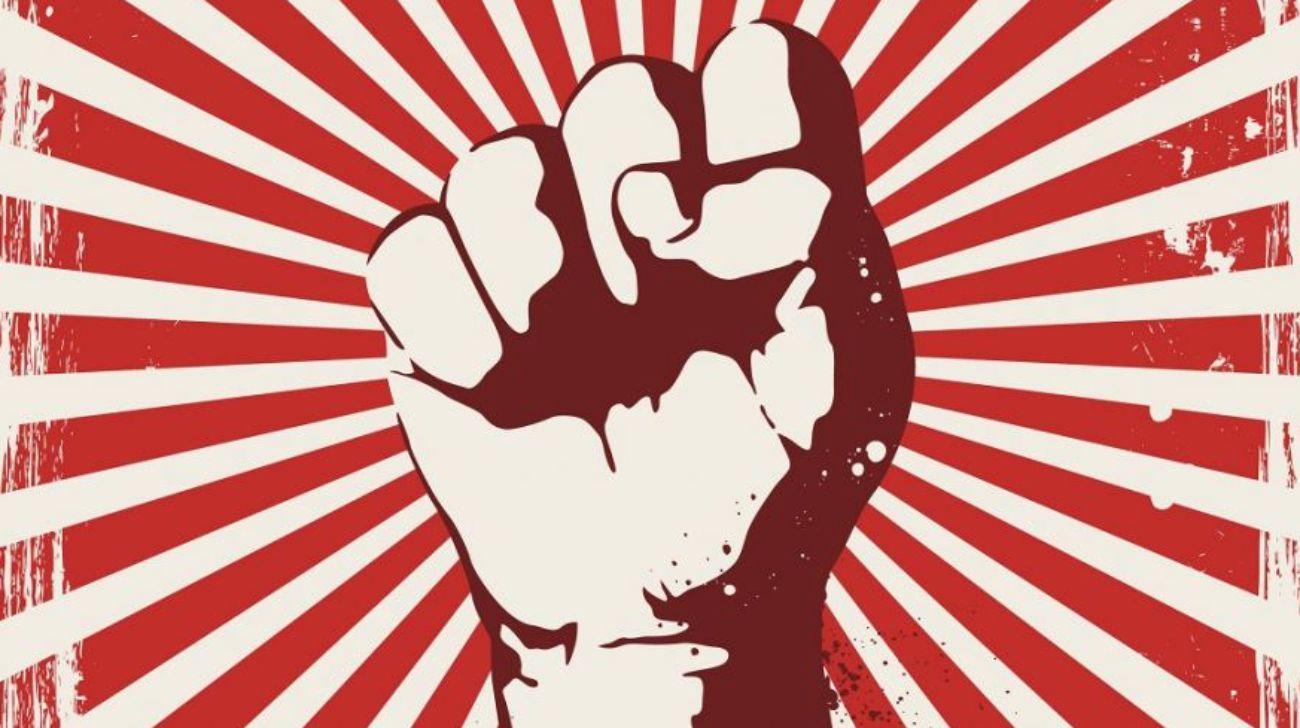The Fraser Institute recently released its annual study “Economic Freedom of the World.” The report is prepared by professors James Gwartney of Florida State University; Robert A. Lawson and Ryan Murphy of Southern Methodist University; and Joshua Hall of West Virginia University.
The report is prepared in cooperation with the Economic Freedom Network.
Report results
The report shows Hong Kong and Singapore maintained their lead as the world’s most economically free countries. It should be noted China’s heavy hand threatens Hong Kong’s top ranking. Rounding out the top 10 are New Zealand, Switzerland, the United States, Ireland, the United Kingdom, Canada, Australia, and Mauritius.
The U.S. has staged a comeback. It had fallen to 16th in 2016. This year it is back in the top five economically free countries in the world. So, what statistics go into the Fraser Institute’s calculation of economic freedom? The report measures the ability of individuals to make their own economic decisions.
It does so by analyzing the policies and institutions of 162 countries and territories. These include regulation, freedom to trade internationally, size of government, sound legal system, private property rights, government spending and taxation.
 Comparing highest with lowest levels of economic freedom
Comparing highest with lowest levels of economic freedom
Countries in the top quartile of economic freedom had an average per capita gross domestic product of $36,770 in 2017. In the top quartile, 1.8% of the population experienced extreme poverty ($1.90 a day). Life expectancy is 79.5 years in the top quartile of economically free countries.
Those in the bottom quartile of countries had an average per capita gross domestic product of $6,140. Poverty rates are lower. In the bottom quartile 27.2% of the population experienced extreme poverty ($1.90 a day). Life expectancy is 64.4 years in the bottom quartile of economically free countries.
The Fraser Institute’s rankings of other major countries include Japan (17th), Germany (20th), Italy (46th), France (50th), Mexico (76th), India (79th), Russia (85th), China (113th), and Brazil (120th). The least free countries are Venezuela, Argentina, Ukraine, and nearly every African country with the most notable exception of Mauritius.
Results matter… History matters…
Today’s leftists, socialists, and progressives bristle at the suggestion their agenda differs little from that of past tyrants. They should keep in mind that the origins of the unspeakable horrors of Nazism, Stalinism, and Maoism did not begin in the ’20s, ’30s, and ’40s. They were the result of a long evolution of ideas. That evolution led to a consolidation of power in the central government in the quest for “social justice.”
Argentina and Venezuela used to be rich until they bought into socialism. Now they struggle to even feed their own people. A recent survey by Victims of Communism Memorial Foundation with polling by YouGov, found: at 70% of millennials are likely to vote socialist. Additionally, 1 in 3 millennials see communism as “favorable.” Those leanings will take this prosperous nation down.
Conclusion
In every night there comes a time when people wake up. We wake up because it is in our best interest to do so. In this case failure to do so can be shown to be poverty, totalitarian government with an elevated probability of mass murder. Millennials are going to decide on their future. The data is there for them to make a decision which will be in their own best interest. Time will tell if we have raised a generation incapable of grasping the outcome of a bad decision. If socialism is the cure are prosperity and freedom the disease?
